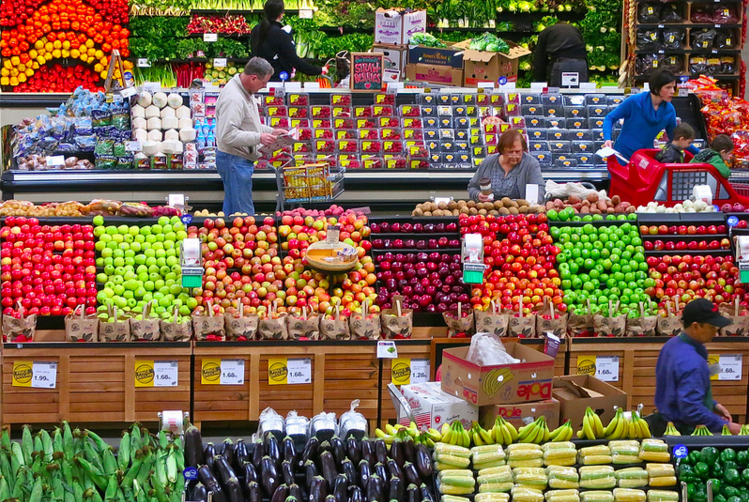Italy Is Showing the U.S. How to Feed Hungry People
By:
Charities in Italy could soon see their food coffers begin to fill up.
 Flickr/Bud Ellison - flickr.com
Flickr/Bud Ellison - flickr.com
A law making its way through the country's parliament with bipartisan support would provide incentives and make it easier for companies to donate unsold, edible food to charities. Currently, businesses are required to declare donations in advance, setting up a number of logistical barriers, the Local, a publication based in Rome, reports.
The law would make Italy the second European nation to pass laws combating food waste, though it would take a less punitive approach than France, where supermarkets face hefty fines for wasting food.
"Punishing wasters is not so helpful: this is all about encouraging donations," Maria Chiara Gadda, a Democratic Party MP who presented the bill, told La Repubblica.
Under the new regulations, Italian restaurants, bars, supermarkets, and other food purveyors would have to fill out a monthly donation form. The bill would also attempt to ease restrictions on giving away products that have exceeded their "best before" date — which, at least in the U.S., often drive up rates of food waste.
The bill comes as lawmakers in Europe pump money into efforts to reduce food waste, which can be a costly burden on economies; in Italy, wasted food costs about $12 billion annually, according to the Local.
 Flickr/Dean Hochman - flickr.com
Flickr/Dean Hochman - flickr.com
Efforts to reduce waste in the U.S. — where an estimated 133 billion pounds of food does not make it onto Americans' plates each year — have also been gaining traction. In the coming months, some stores will begin selling "ugly" produce, while other longer term efforts include a reduction goal of 50 percent by 2030 by the Obama administration, and the EPA Food Recovery Challenge.
On Tuesday, ReFED, a group aimed at tackling food waste, released a roadmap exploring the different strategies to combating the waste problem, and the costs and benefits of each. Those strategies include consumer education programs, standardized date labeling, and packaging adjustments.
